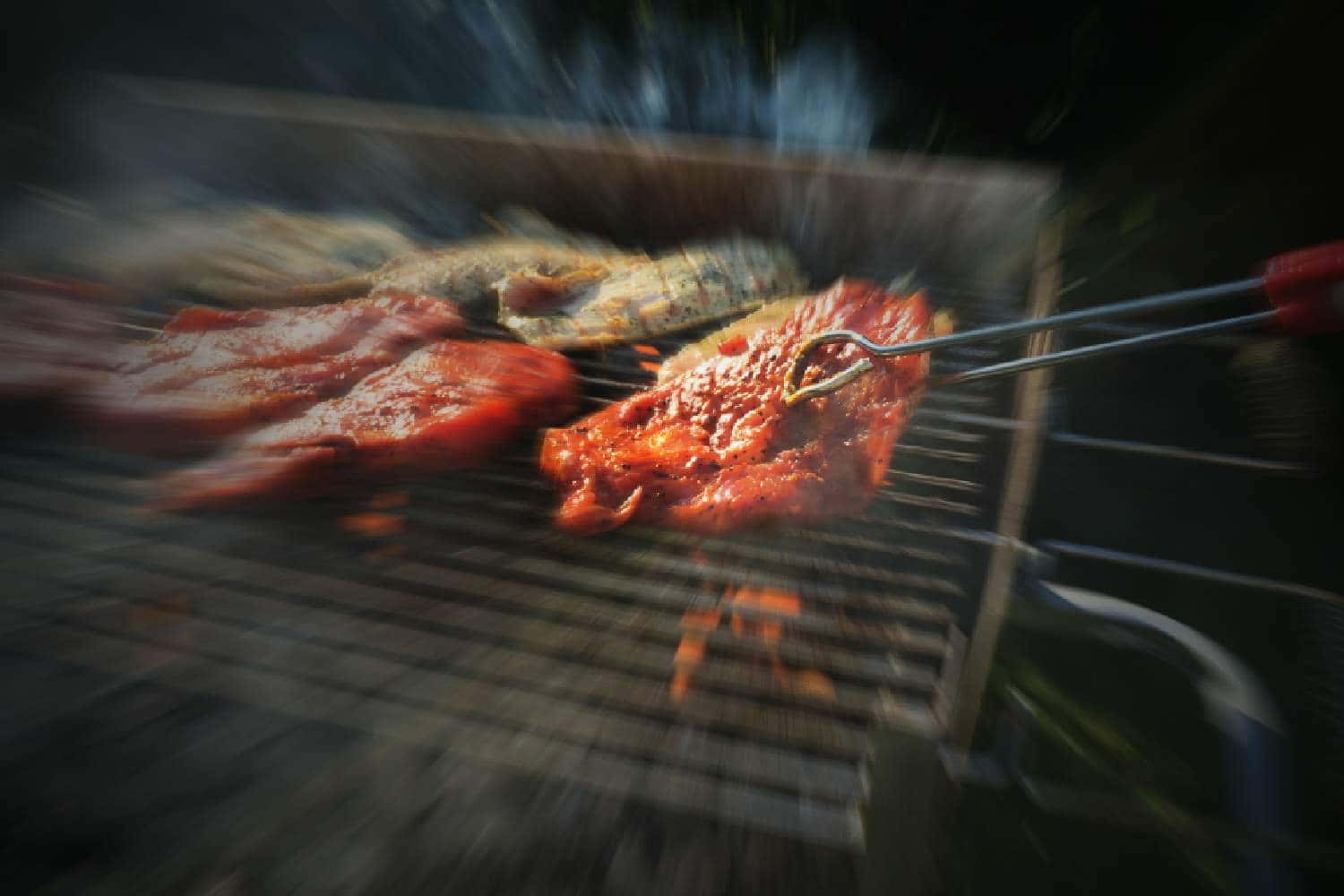Outdoor cooking can be an enjoyable experience, but common mistakes—both minor and serious—can affect food quality, safety, and equipment.
Whether you’re grilling for the first time or consider yourself a seasoned BBQ enthusiast, reviewing essential safety and technique guidelines can help you avoid setbacks and enjoy your cookout with confidence.
Mistakes That Affect Food Quality
1. Cooking Frozen Meat
Always thaw meat completely before placing it on the grill. Cooking frozen or partially frozen meat can result in uneven cooking and unsafe temperatures.
For best results, thaw meat in the refrigerator 12–24 hours in advance or use a microwave defrost function.
2. Cross-Contamination
Never return cooked meat to the same plate that held raw meat. Doing so can spread bacteria and lead to foodborne illness.
3. Overuse of Lighter Fluid
Charcoal lighter fluid can leave a distinct flavour on food. Use it sparingly, or consider alternative fire starters like chimney starters or natural briquettes to maintain flavor integrity.
4. Poking the Meat
Avoid piercing or poking meat during cooking. This causes juices to escape, resulting in dry, less flavourful dishes and messy grill buildup.
5. Constantly Opening the Lid
Every time you lift the lid, you alter the internal temperature. Maintain consistent heat by limiting how often you check on your food.
6. Using Foil on the Grill Grate
While foil may simplify cleanup, it can prevent proper airflow and create a fried texture rather than a traditional grilled flavor.
Mistakes That Create Safety Hazards
1. Leaving the Grill Unattended
Never walk away from a lit grill. Fire spreads quickly, and unattended equipment can lead to injury or property damage.
2. Placing a Hot Grill Near Structures
Keep hot grills away from walls, decks, and furniture. Even after the flames are out, residual heat can ignite nearby surfaces.
3. Improper Storage of the Grill
Wait until the grill is completely cool before covering or moving it. Storing a hot grill can trap heat and create fire hazards.
4. Failing to Clean the Grill Regularly
A dirty grill can become a breeding ground for bacteria and a fire hazard due to grease buildup. Clean the grill after each use to ensure safety and extend its lifespan.
Grilling is meant to be enjoyable, but overlooking basic cooking and safety practices can quickly spoil the experience.
With a few mindful habits, you can ensure your outdoor cooking is flavourful, safe, and stress-free every time.
